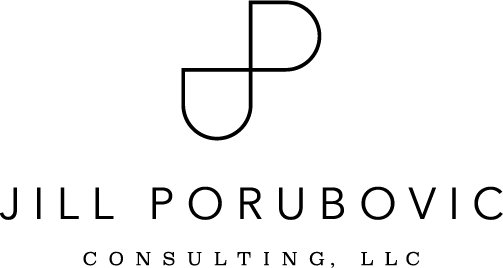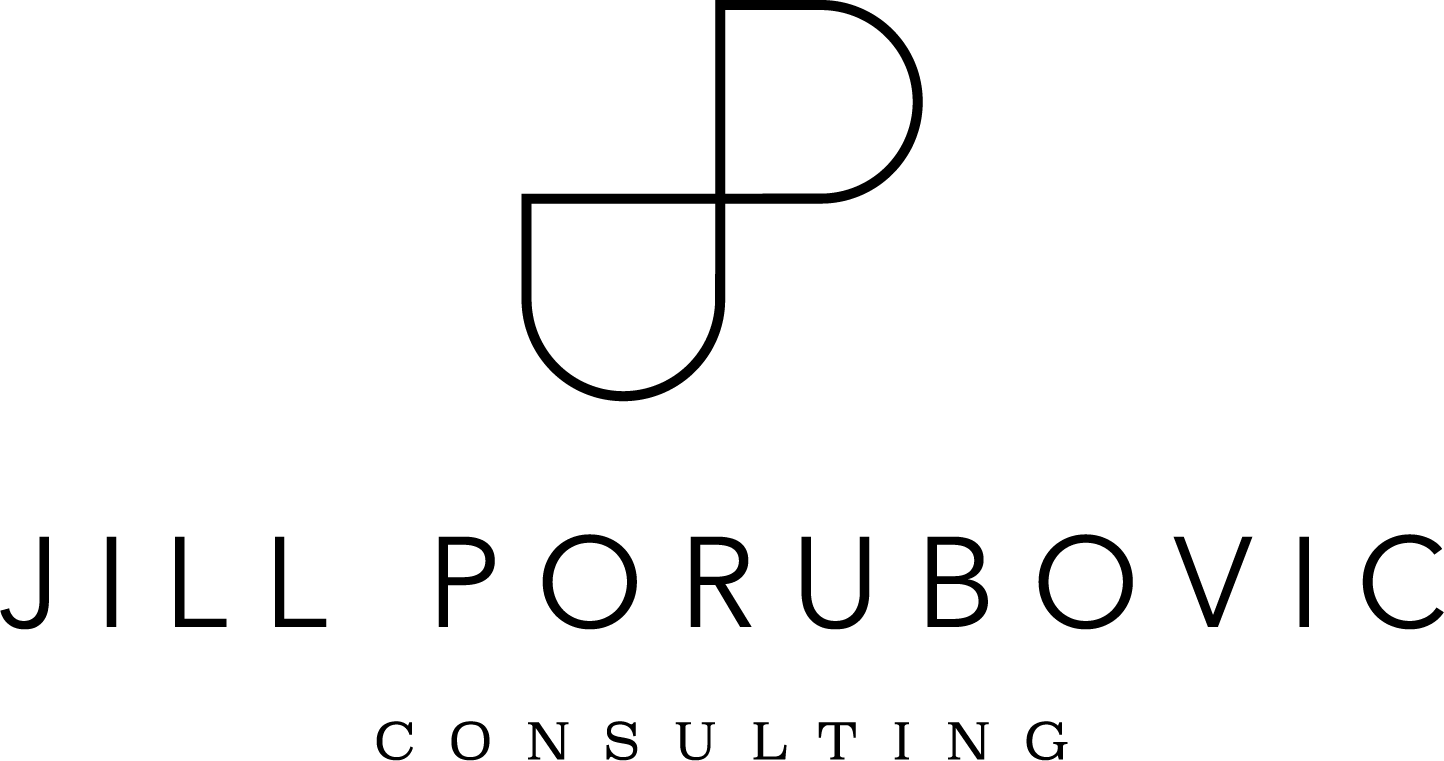What Autism Taught Me, Part 1: The Truth About Over-Planning
Most children with autism struggle when their routine is disrupted. In planning our first trip to Disney, all I could think about were the challenges we would face with our younger son. While there was excitement about the trip, I put immense pressure on myself to make everything go smoothly.
I immediately went into planning mode. I downloaded theme park maps, investigated our resort online, made lists of items to pack, wrote down groceries to buy when we arrived, mapped out restaurants close by, and the lists kept going. I laminated the theme park maps and had a corresponding spreadsheet noting which direction we would go on arrival to the park, highlights we wanted to see, places that had food our son liked, and so on.
The travel to Florida was uneventful, as was checking into the resort. Success.
The following day we headed to our first theme park. I was ready. I went over the laminated map with our son; he was aware of the plan.
As we made our way through the park that day, everything started to unravel. It was hot, rainy, and uncomfortable. My laminated map and spreadsheet were ridiculous; virtually nothing I had planned went according to that plan. At one point our son laid down in a midway full of people and rolled around screaming. Several folks stopped and asked if they could help. No thanks, I’m just going over the nightmare I self-created with my over-planning. We got back to the resort and I spent time retracing my steps. I felt it was my responsibility as a Mom to lead my family through these challenges. What have I learned? How do I permanently change my approach to avoid catastrophes like this again?
The next day, I had a new theme park plan: We were going in, and we were coming out. Whatever happened for the next eight hours was anybody's guess. This time, we had fun. We rolled with whatever came our way, and so did our son. With no detailed schedule to follow, he was more flexible. Each time we moved from one activity to another, we first discussed it and offered options. There is an entire art to offering options (we’ll cover that on a different day). We left the park at the end of the day and deemed it a success.
When we got home, I spent more time retracing the day, and I realized I was over-planning my work life as well. I wanted everything to go to plan. I wanted everything to be perfect.
I started to weave what I had learned on our family trip into my work life. Instead of over-planning, I allowed myself to have rough plans and expect failure. I started using two terms in connection with this process: Organic Growth and Piloting. I always had a plan, but it was now dynamic: Organic Growth. I always wanted everything to go perfectly, but I now expected and accepted that it never would: Piloting.
In the office, my mood shifted. Everything was doable. The hardest problems were fixable. By not over-planning, I found that we actually did a better job keeping to plan. By accepting failure as part of the process, everyone was more creative, finding solutions and being innovative. And just like at the theme park, there was an element of fun. What started as a meltdown on the midway led to a leadership lightbulb.
Don’t get me wrong: When we vacation by vehicle I still have a spreadsheet that is pages long with everything we could possibly ever need (glue, scissors, Band-Aids, bug bite medicine, batteries, screwdriver, etc.). My husband finally stopped asking me if we needed “all these things.” I’m still an over-planner at heart; now I just limit my indulgence to a Ziploc baggie.
Edits by Elyse Goldberg


